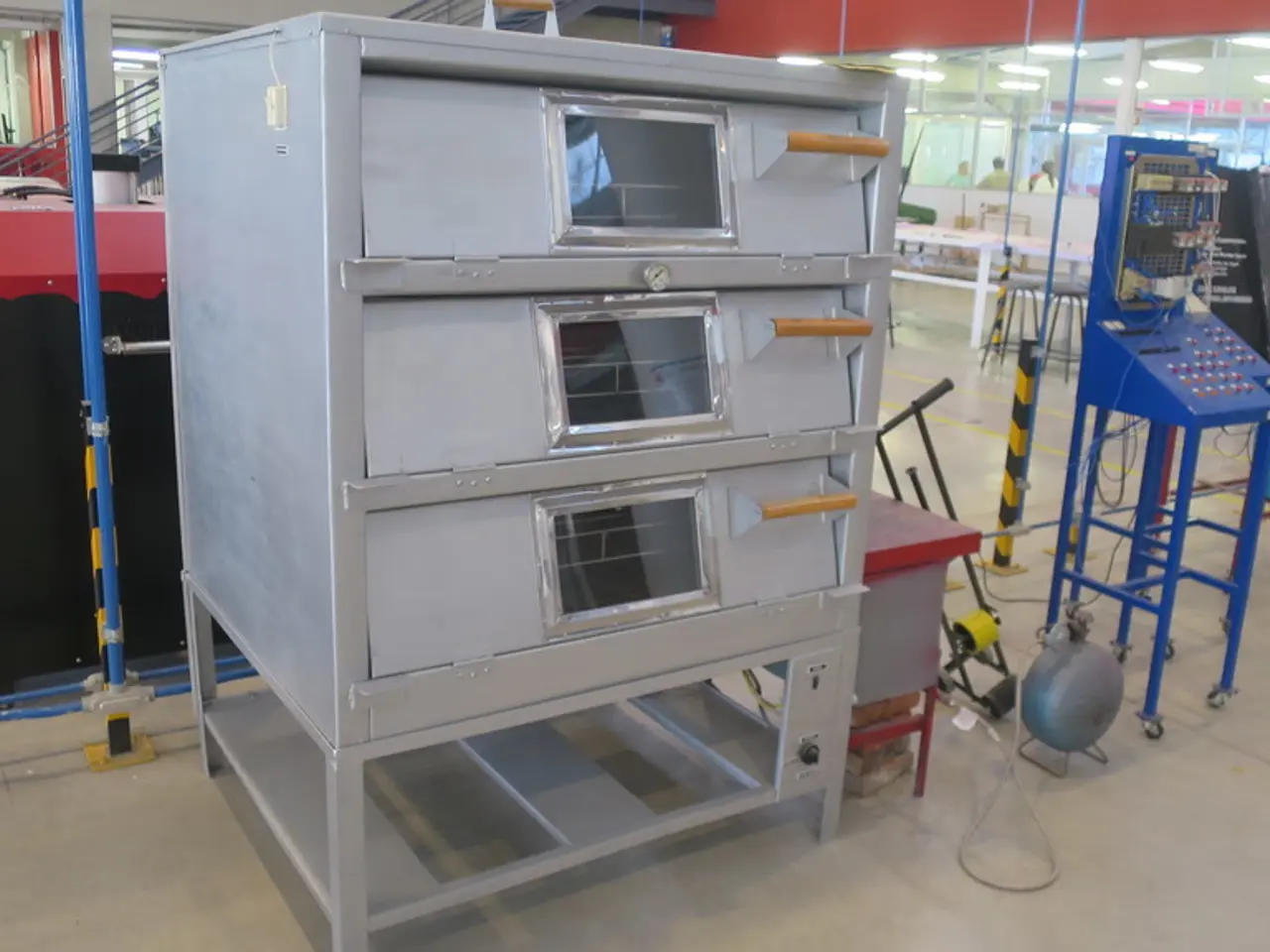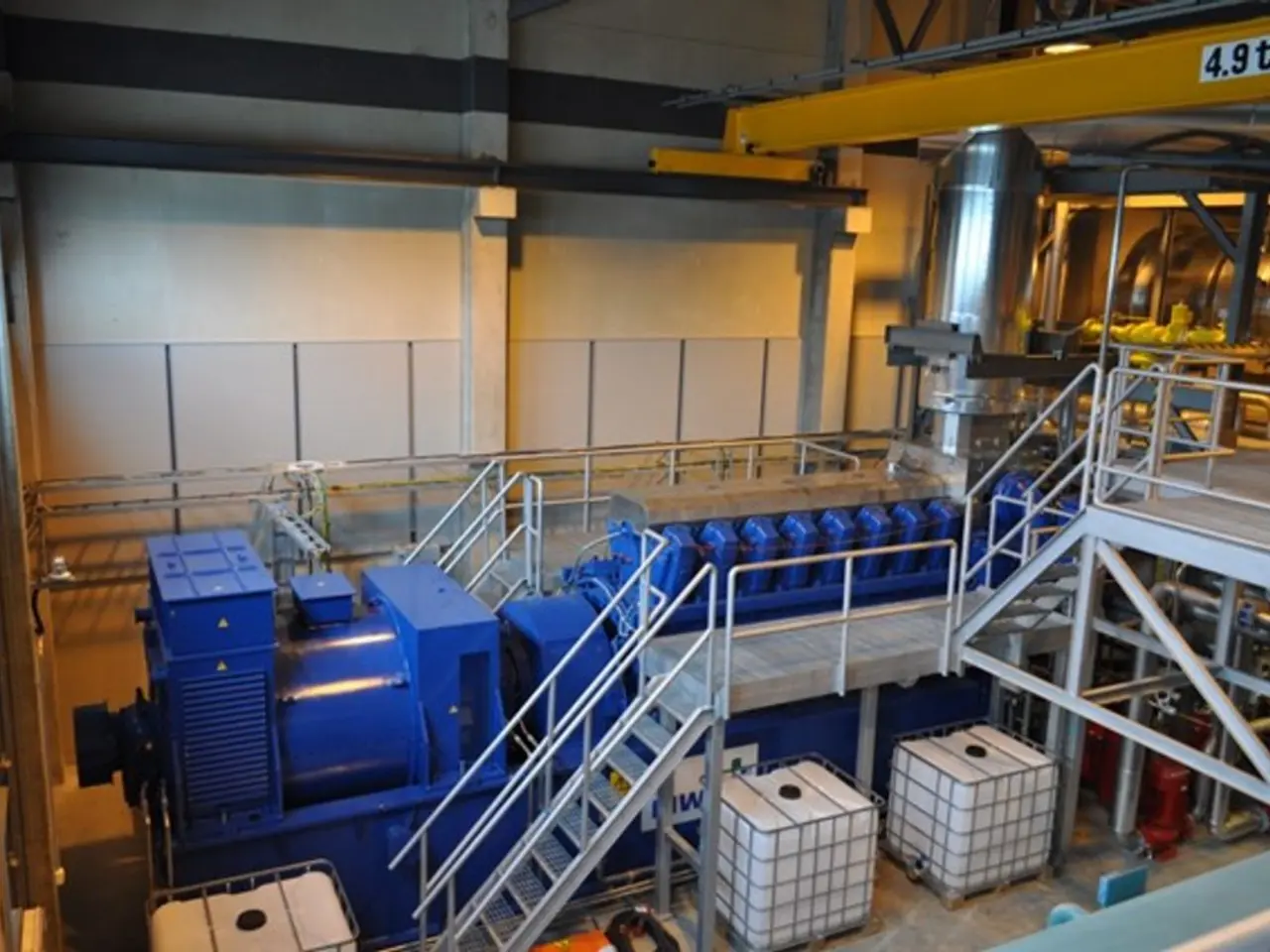Tesla Enters China's Rural Electric Vehicle Initiative, Facing Intensifying Competition
In a significant strategic move, Tesla has been officially added to China's government-backed campaign to promote electric vehicle (EV) sales in rural areas. On June 3, 2025, the Chinese Ministry of Industry and Information Technology announced that Tesla's Model 3 and Model Y would be included in this initiative, which aims to encourage EV adoption in regions where infrastructure is still developing[1].
First introduced in 2020, this campaign features over 120 EV models selected by the Chinese government to promote eco-friendly transportation outside urban centers. Rural areas face challenges such as uneven distribution of public charging stations, limited fixed parking spots in older neighbourhoods, and insufficient coordinated power connectivity. These infrastructure hurdles have slowed EV adoption outside cities, but the government is actively working to improve charging access alongside vehicle promotion[1].
The inclusion of Tesla in this government program is notable because it positions Tesla alongside many domestic Chinese EV brands that have typically dominated under local preferences. For example, in 2024, the Tesla Model Y was the best-selling EV in China with over 480,000 units sold, followed closely by the BYD Dolphin with more than 440,000 units sold, illustrating Tesla’s strong competitive standing despite the presence of formidable local manufacturers like BYD[1].
However, Tesla's competition with BYD and other local giants remains intense, especially due to pricing pressures. Chinese authorities are now signalling a clampdown on what they describe as "irrational competition" and severe price wars within the industry. BYD has notably been aggressive in pricing, reportedly dropping the cost of a starter EV to under $8,000—while Tesla’s cheapest Chinese model costs more than three times that amount[2]. This price gap poses a challenge for Tesla in rural, price-sensitive markets in China.
Furthermore, China's move to restrict the export of key EV battery technologies and critical raw materials, where Chinese firms like CATL (a major Tesla battery supplier) dominate, indicates an increasingly protective stance to consolidate its market dominance[3]. This could affect Tesla's broader supply chain and cost structure but also underscores how pivotal China’s autonomous capabilities are for the global EV industry.
In summary, Tesla's inclusion in this campaign could help it gain a foothold in rural China and potentially boost sales, though it must navigate fierce competition and price sensitivity exacerbated by China's evolving regulatory landscape. The company’s Model 3 and Model Y are well positioned in China’s competitive BEV market, having secured top sales spots despite the dominance of local manufacturers like BYD.
References: [1] Bloomberg News. (2025, June 3). Tesla's Model 3 and Model Y Included in China's Government-Backed EV Campaign. Retrieved from https://www.bloomberg.com/news/articles/2025-06-03/tesla-model-3-and-model-y-included-in-china-s-government-backed-ev-campaign
[2] Reuters. (2025, June 5). Pricing Pressure Intensifies as Tesla Faces Competition in China's EV Market. Retrieved from https://www.reuters.com/business/autos-and-transportation/pricing-pressure-intensifies-tesla-faces-competition-chinas-ev-market-2025-06-05/
[3] Financial Times. (2025, June 8). China's Export Restrictions on EV Battery Technologies Impact Global Market Players. Retrieved from https://www.ft.com/content/6294e38d-b98a-4b5d-9a39-6f0b42d1b62f
- The government-backed campaign in China, initiated in 2020, includes Tesla's Model 3 and Model Y, positioning them within environmental-science efforts to promote electric vehicles (EVs) in rural areas, where infrastructure development is still a challenge.
- While Tesla's competitive standing is evident, as shown by the Model Y being the best-selling EV in China in 2024, the industry is experiencing intense competition, particularly due to pricing pressures, which is reflected in the Chinese government's efforts to curb "irrational competition" among manufacturers.
- The involvement of Tesla in this initiative underscores the pivotal role of technology and finance in the global electric vehicle industry, as China's efforts to limit the export of key EV battery technologies and critical raw materials could impact Tesla's broader supply chain and cost structure, making climate-change initiatives within the industry even more strategic.




